Emmanuel Macron's biography
Branded as "neither left nor right," Emmanuel Macron emerged as the ultimate outsider—a dark-horse candidate who shook up France's 2017 presidential race. His controversial personal life, the mystery shrouding his background, and his meteoric rise to political stardom all captivated public attention. When the votes were counted on May 7, 2017, Macron had secured victory, claiming the presidency of France. Net worth: $1.5 million.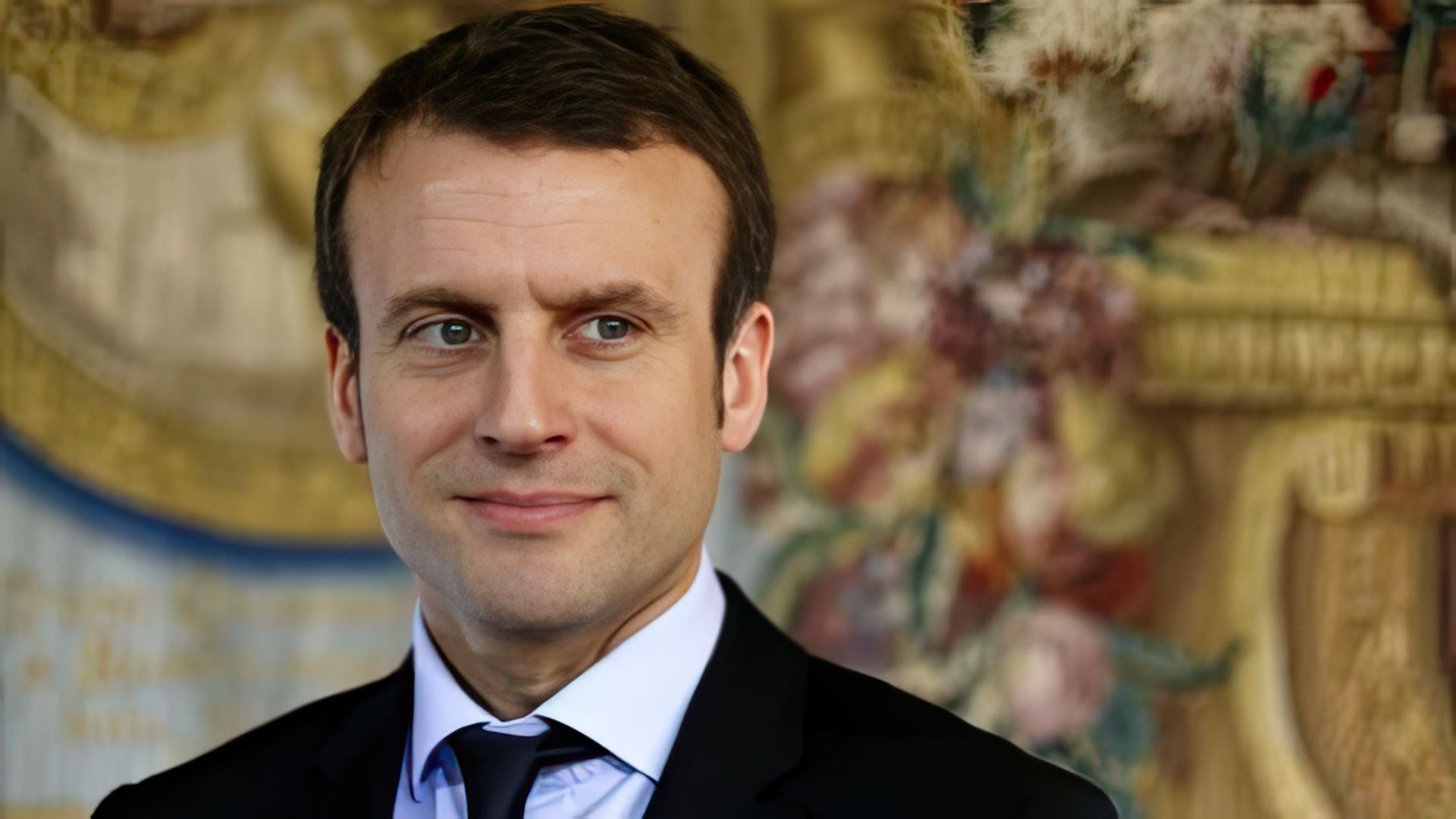
Life before political career
Emmanuel Macron was born in December 1977 in Amiens, the city in Northern France. Both parents were dedicated to science: his father Jean-Michel served as a neurology professor at the University of Picardy, while his mother Françoise practiced medicine.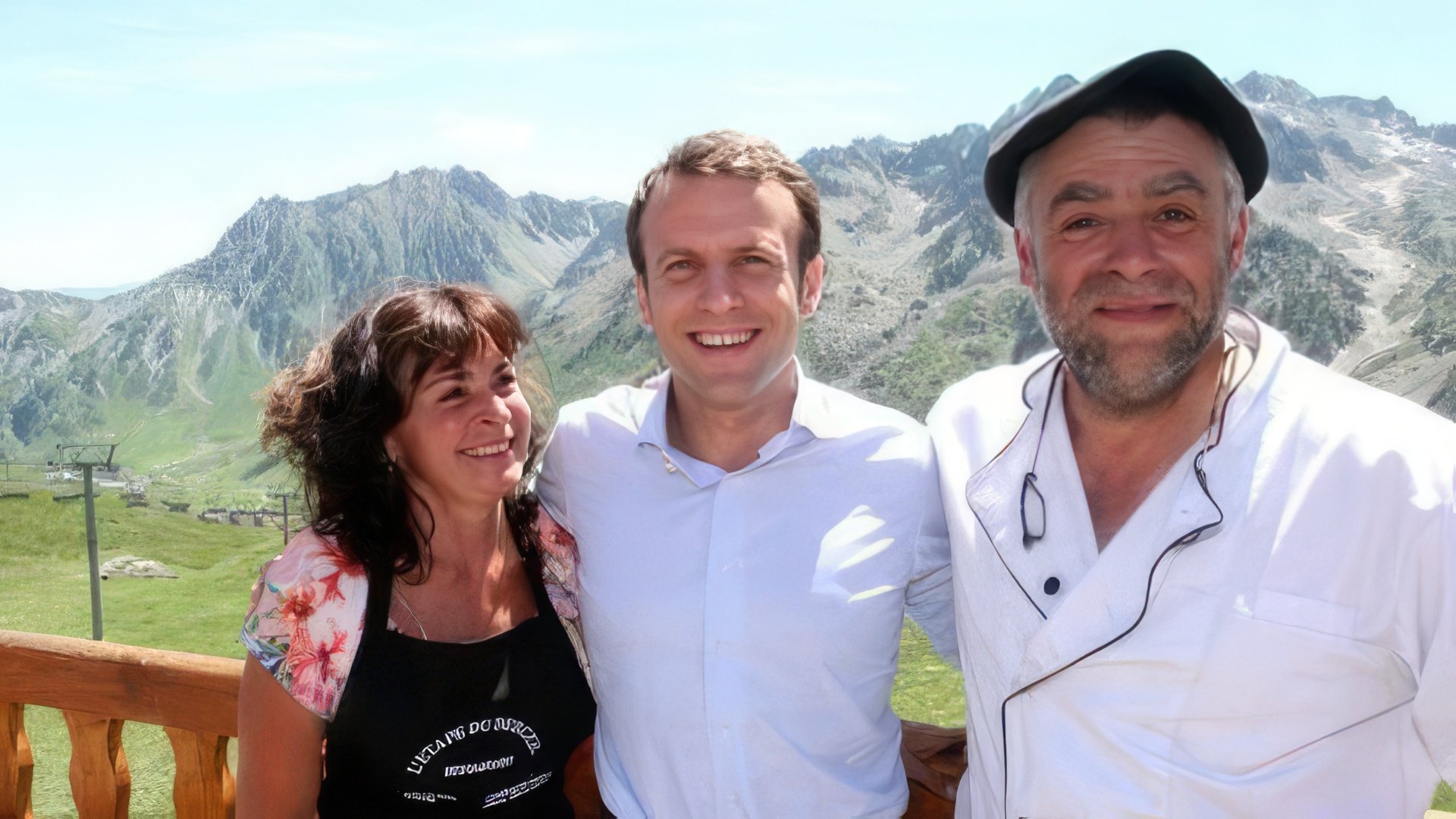
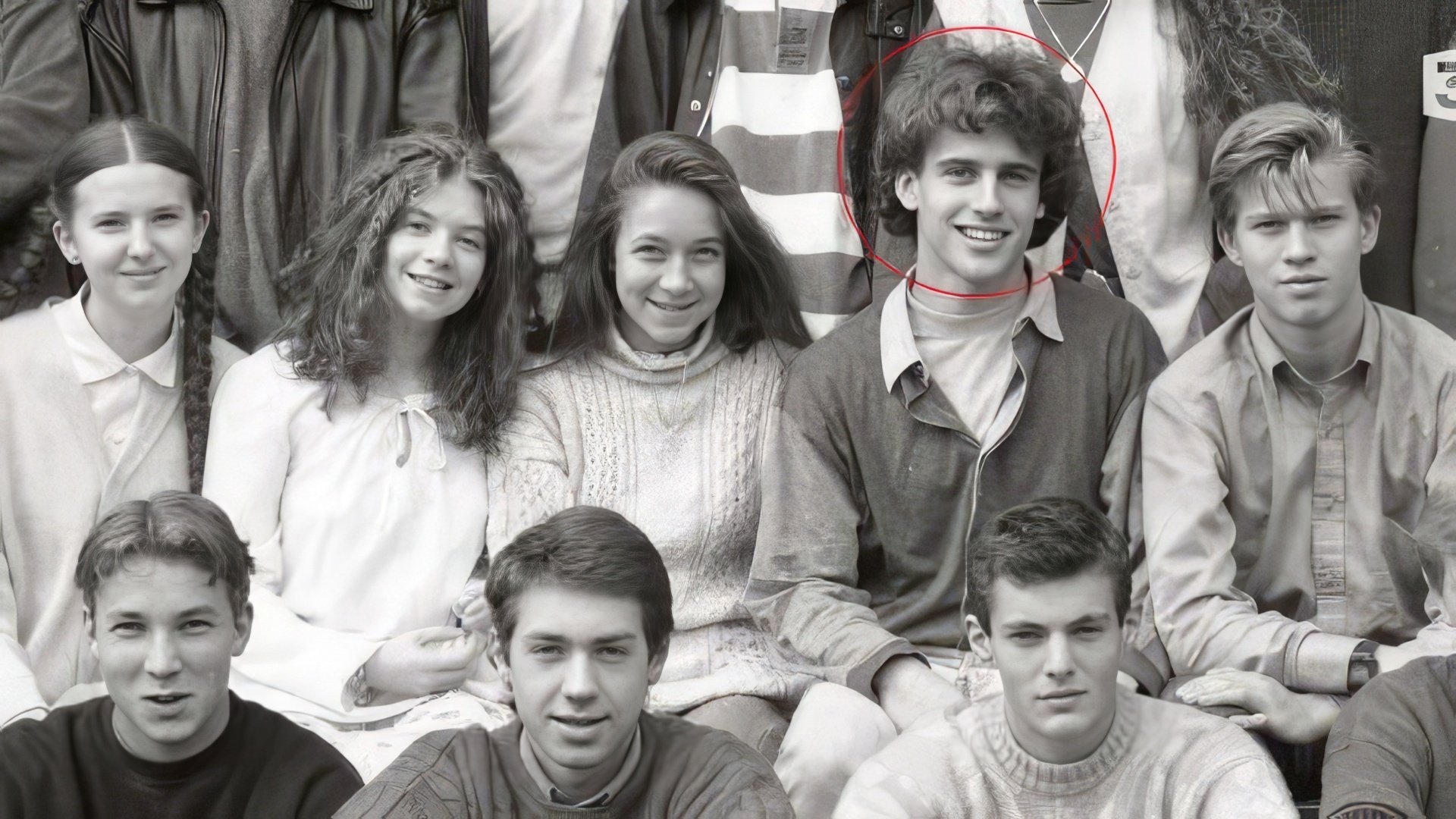
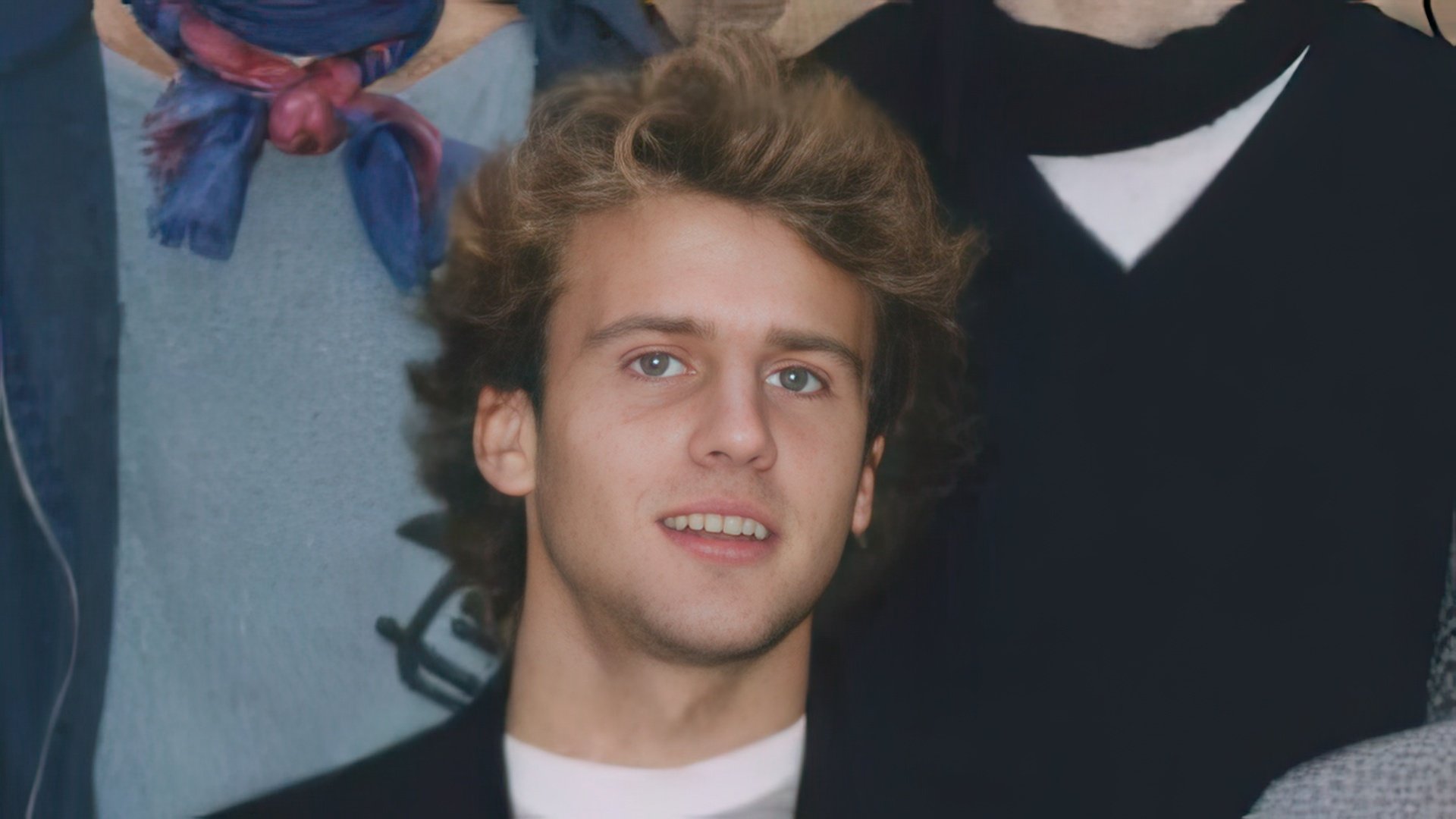
Confident steps in politics
Macron's political career began in 2006 after he joined the Socialist Party, where he was a member for the following three years. However, numerous French publications claimed Macron's party membership was purely ceremonial – he never paid dues and skipped all party events.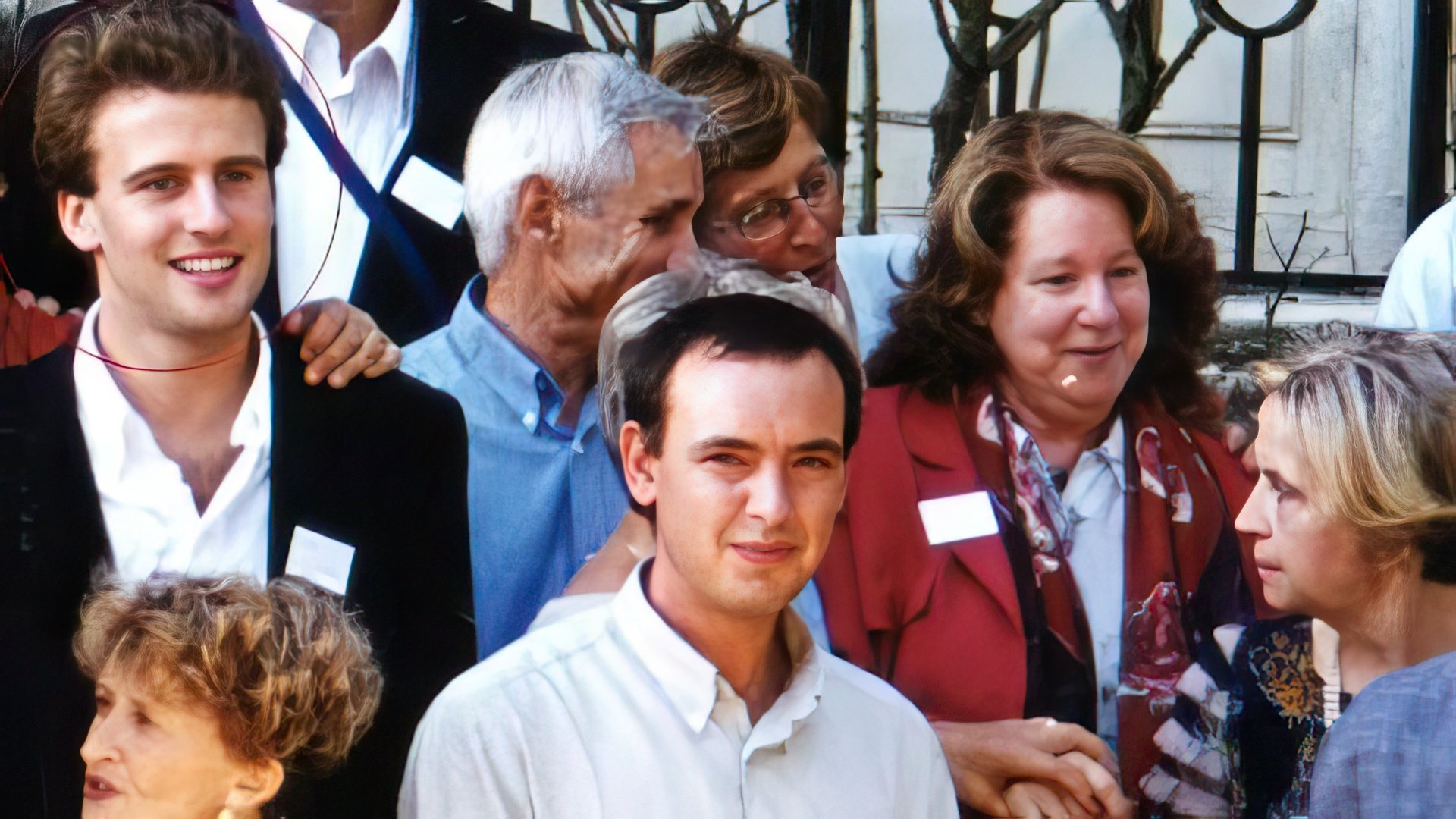
Leading France's economic policy, Macron passed several laws and amendments, including the famous Macron Law, adopted on August 6, 2015, officially titled «The law on economic growth, activity, and equal opportunities». The legislation included amendments covering commerce, transport, construction, small businesses, legal practice, and various other pressing issues.
Exactly a year later, Emmanuel Macron formed his own independent political party simply called En Marche. In the autumn of 2016, he formally declared his candidacy for the French presidency.
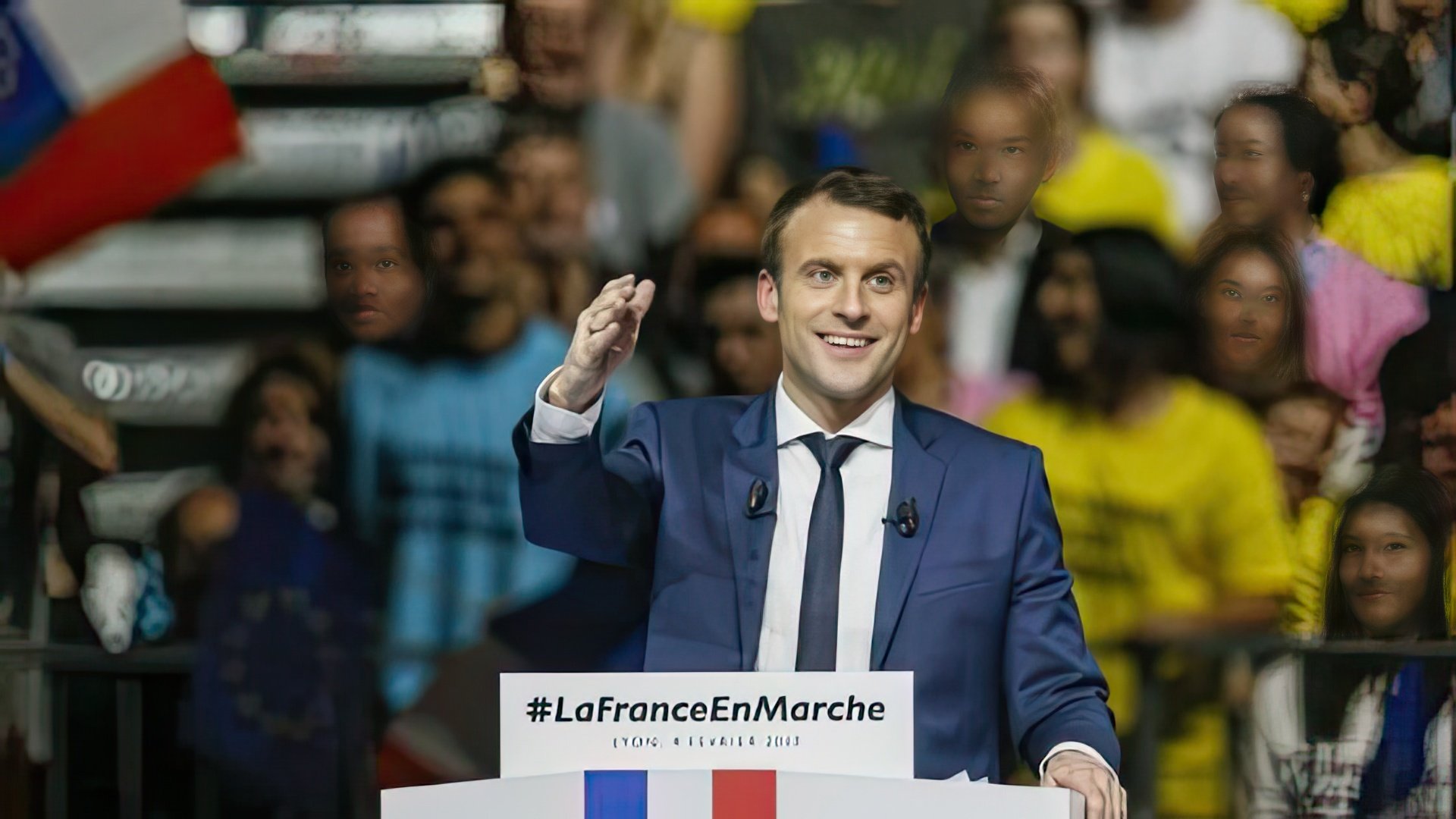
Emmanuel Macron ran for president of France in April 2017. After the first round results, both Macron and Marine Le Pen advanced to the second round, with Macron leading at 23.82% against Le Pen's 21.58%.
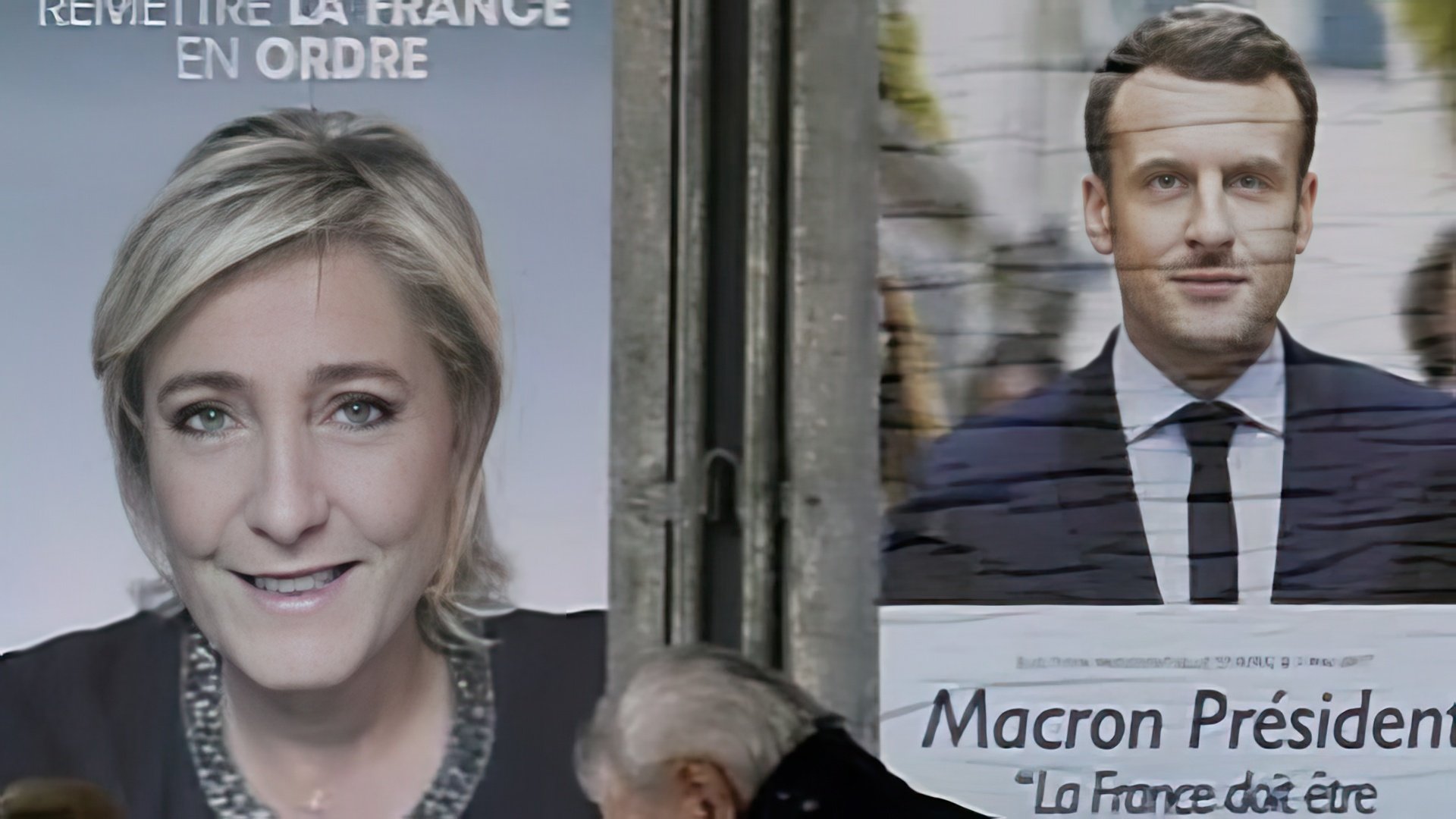
The second round saw Emmanuel Macron win with 66.06% of the vote, becoming President of France on May 7, 2017.
Emmanuel Macron's personal life
The French public was fascinated by the personal life of this young politician who launched his own political movement. The personable and charismatic leader is always accompanied by his wife, Brigitte Trogneux, who could easily be mistaken for his mother—she's 24 years his senior.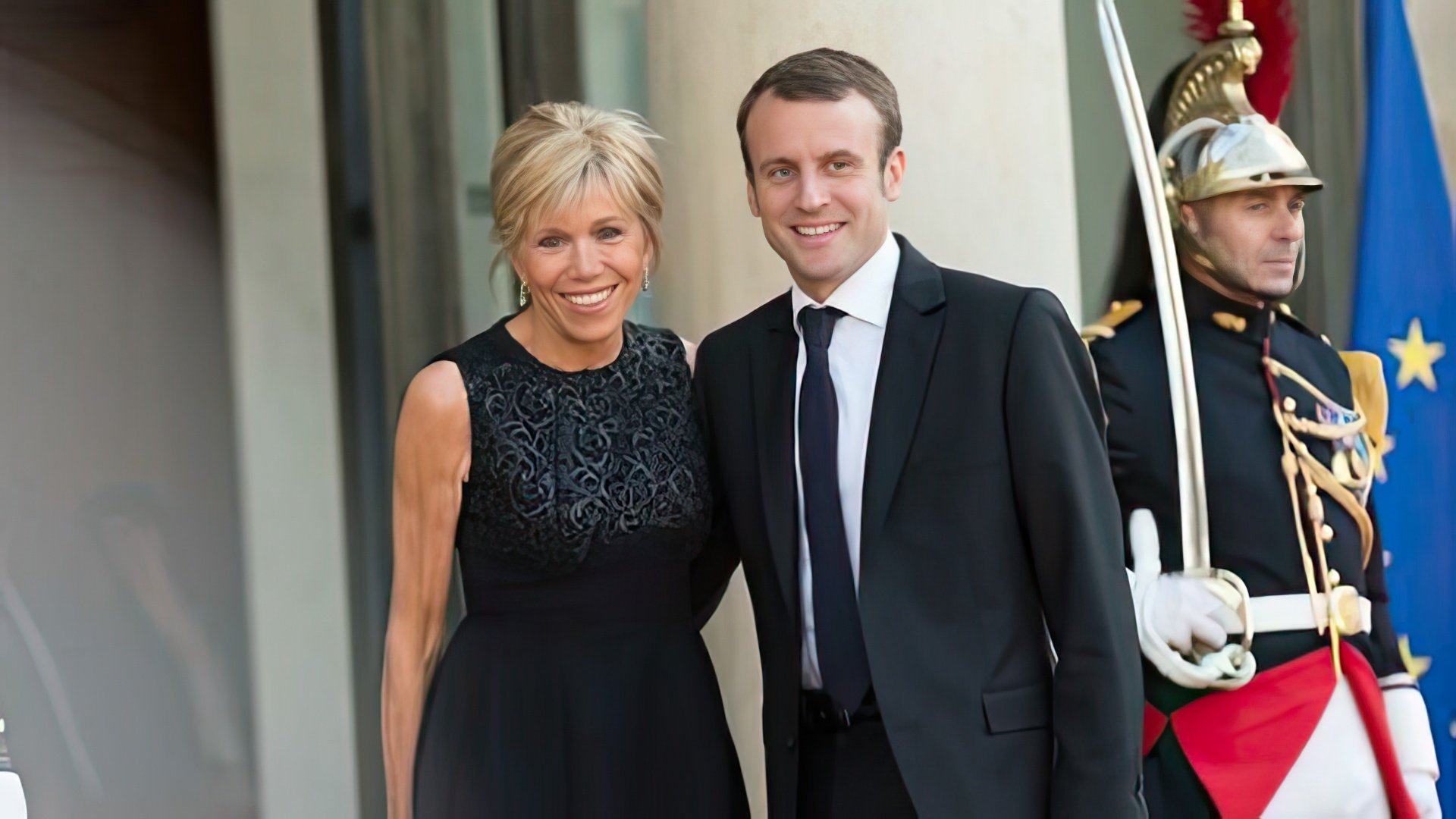
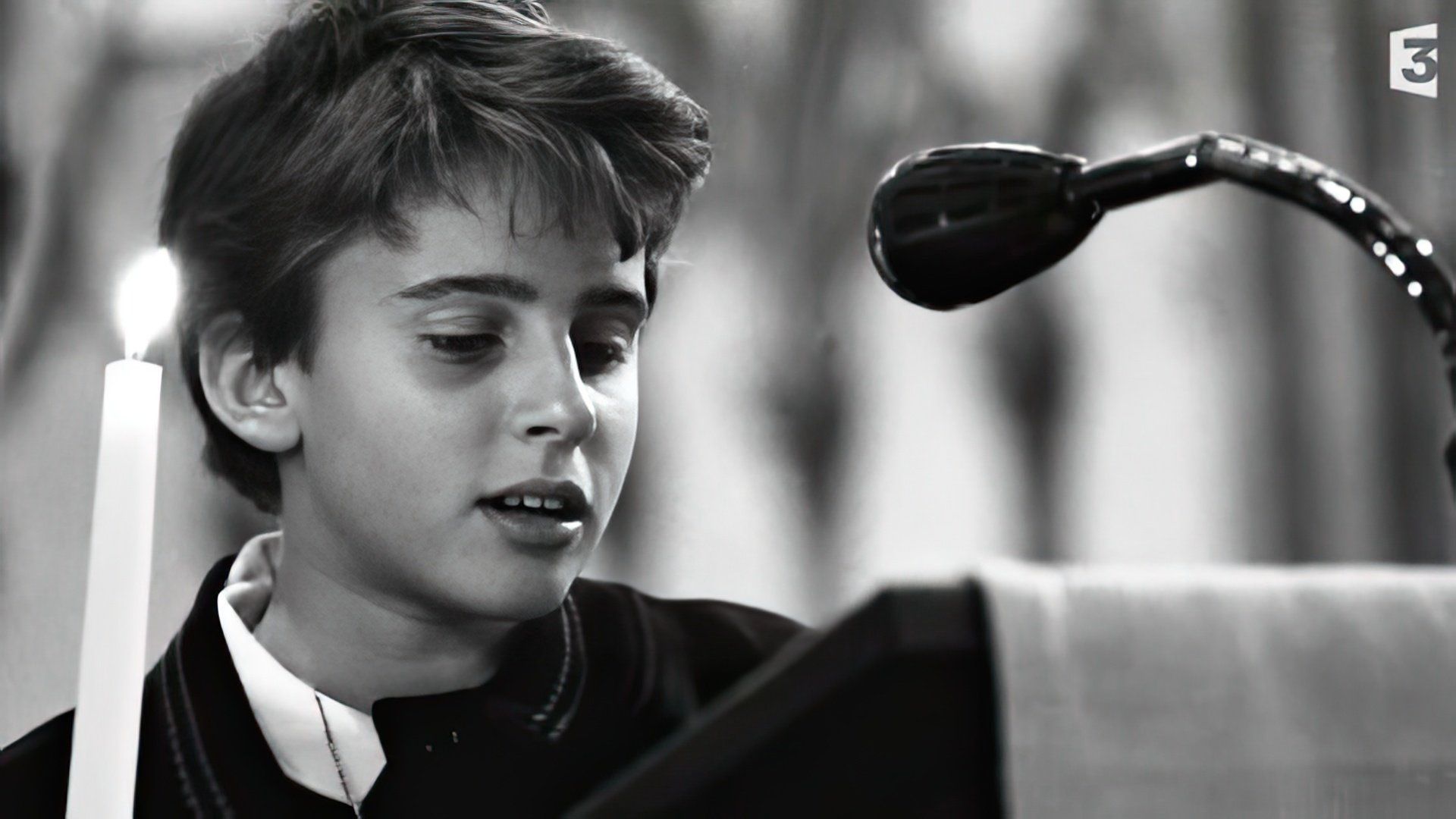
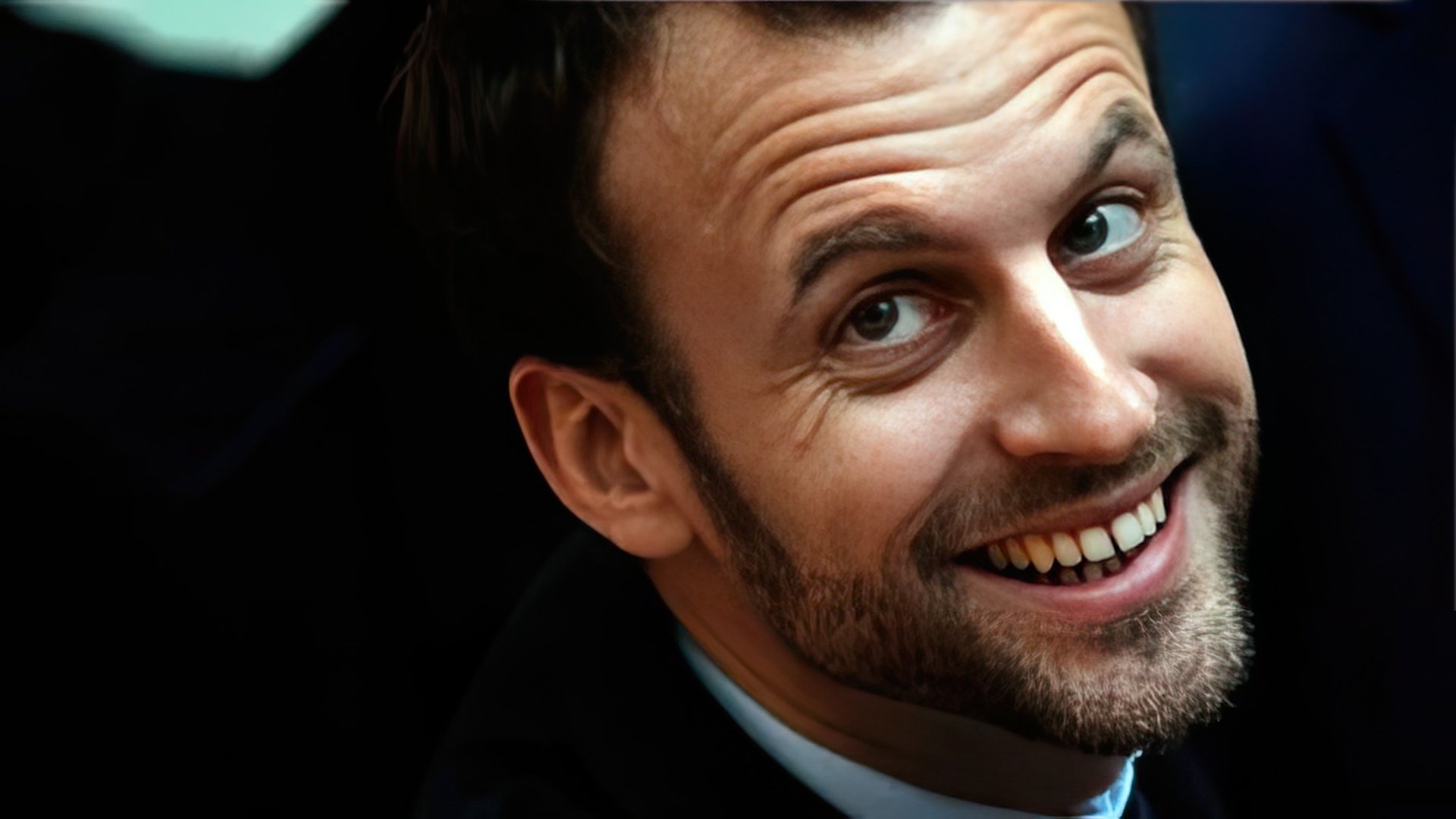
Emmanuel Macron Now
According to Zoomboola.com, in 2018, Forbes included Emmanuel Macron in their annual The World's Most Powerful People List, placing him in 12th place, unlike his predecessor, François Hollande, who was put in 23rd place.In the summer of 2018, during Macron's presidency, a political crisis occurred. Macron's deputy chief of staff, Alexandre Benalla, beat up a protester during one of the May Day demonstrations. The situation eventually deteriorated and the peaceful protests turned into mass protests known as «The yellow vests movement» protests. Initially, the protesters expressed opposition to the increase of petroleum products prices and, as a consequence, the fuel prices.
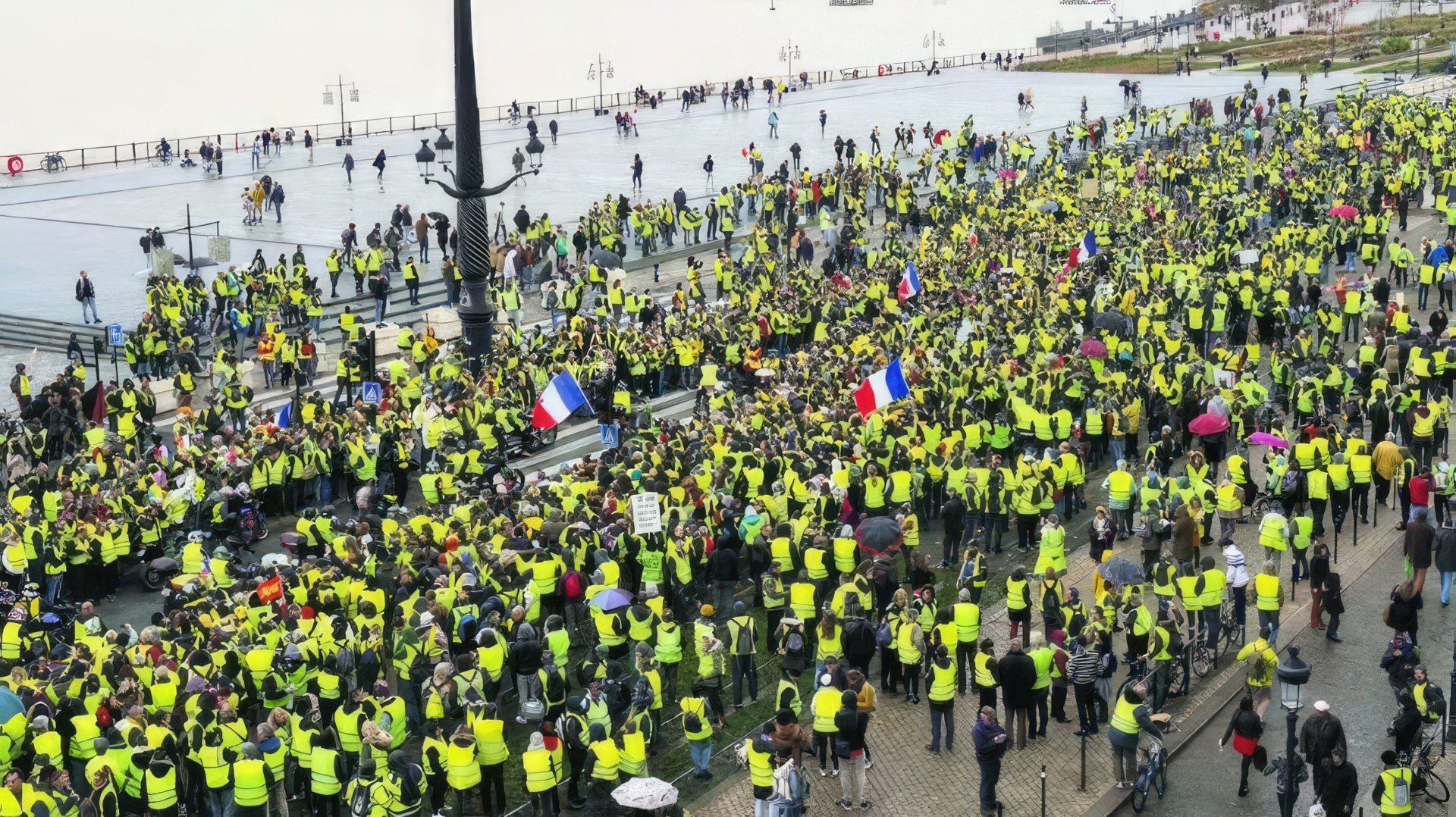
In early November 2019, Macron noted that he understood the protesters and a few weeks later addressed the nation with a keynote speech on the need for environmental change and the creation of the Supreme Council for Climate. The initiative, however, was poorly received by most French citizens.
Found an error? Select the text and press Ctrl+Enter
Error in the text? Select it — a send button will appear
Publication Details
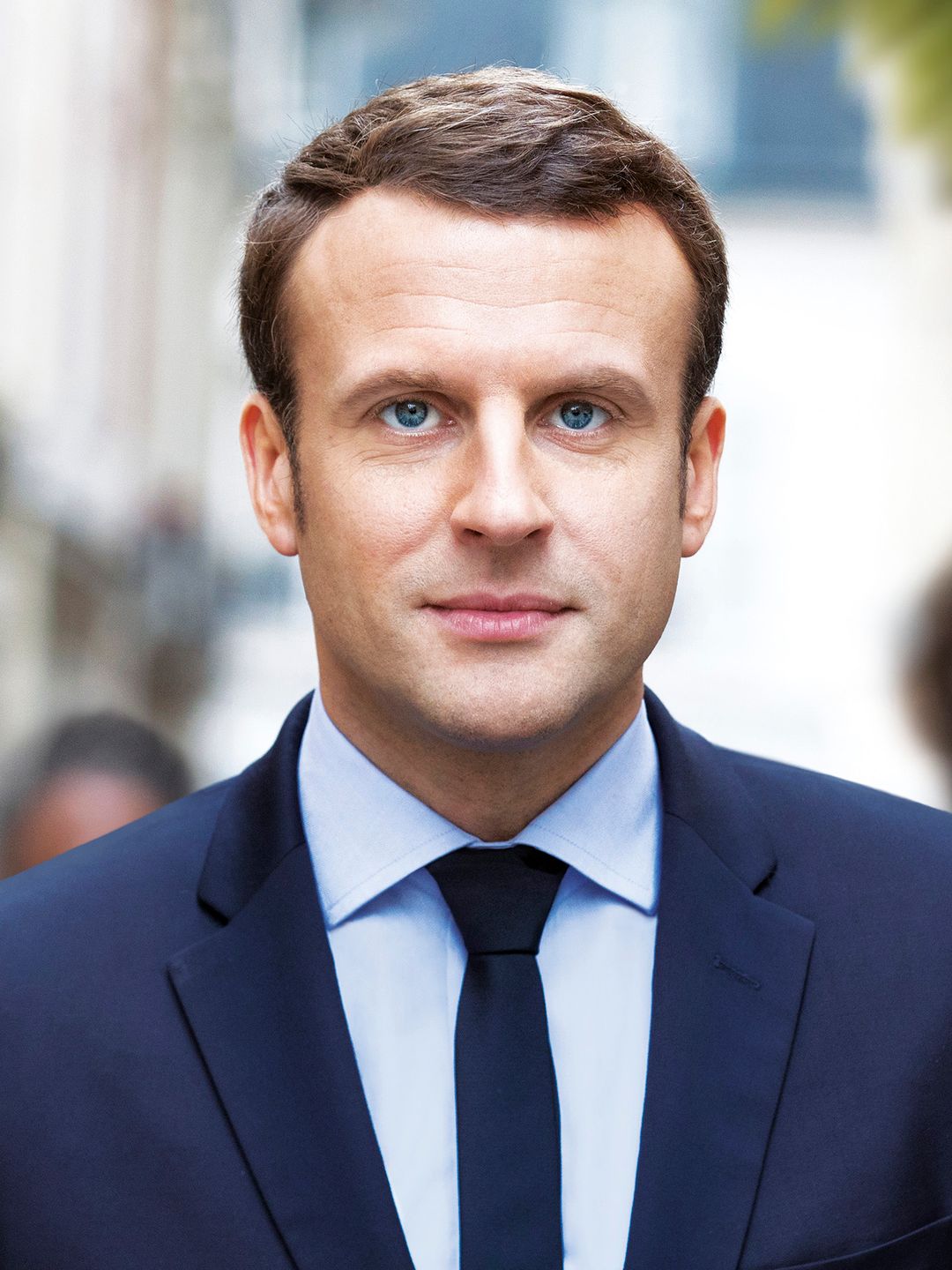

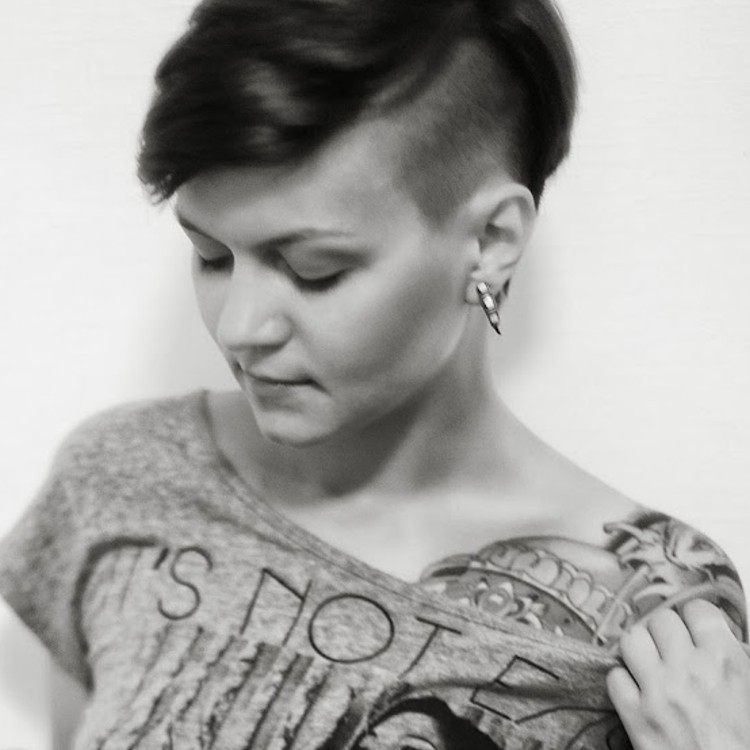

-
Michael Xavier Bennett
2021-04-18 13:54:25
-
Shirley Figueroa
2021-04-13 14:17:09
-
Edward Cole
2021-04-03 13:17:16
-
Michele Woods
2021-03-31 13:54:05
-
Nathaniel Aiden Richardson
2021-02-26 18:30:59
5